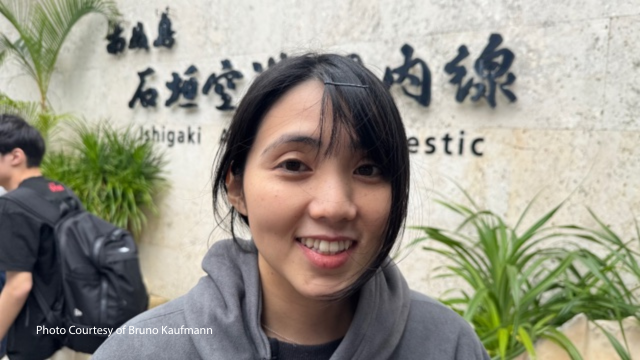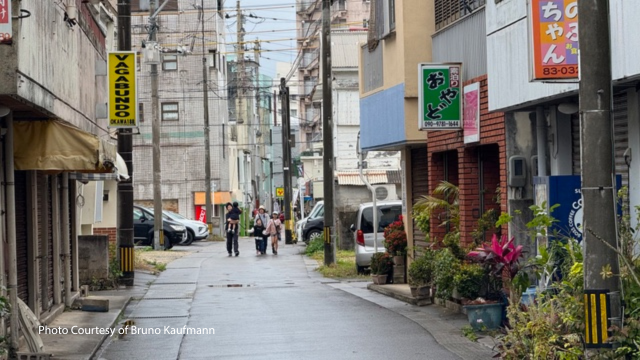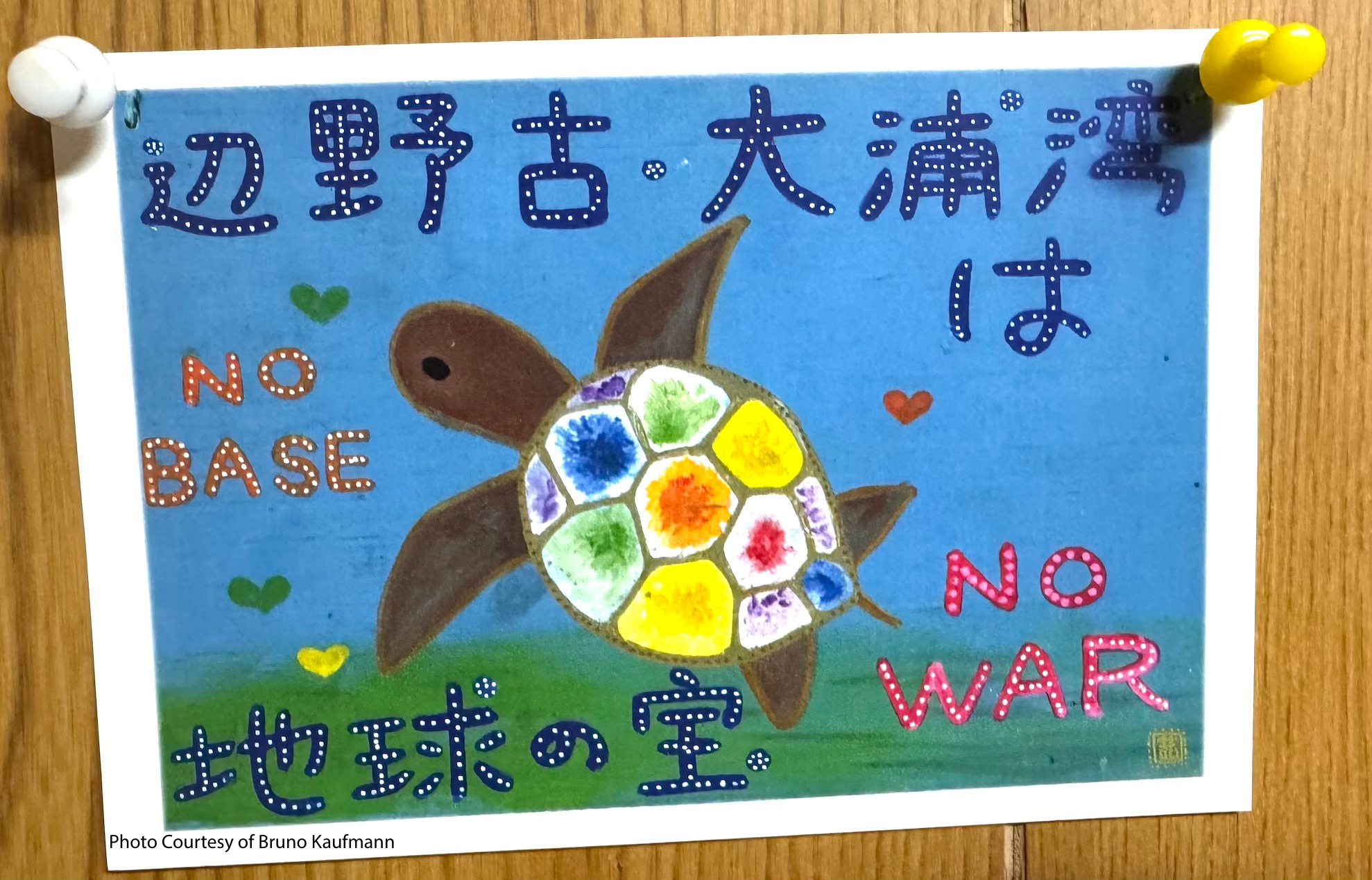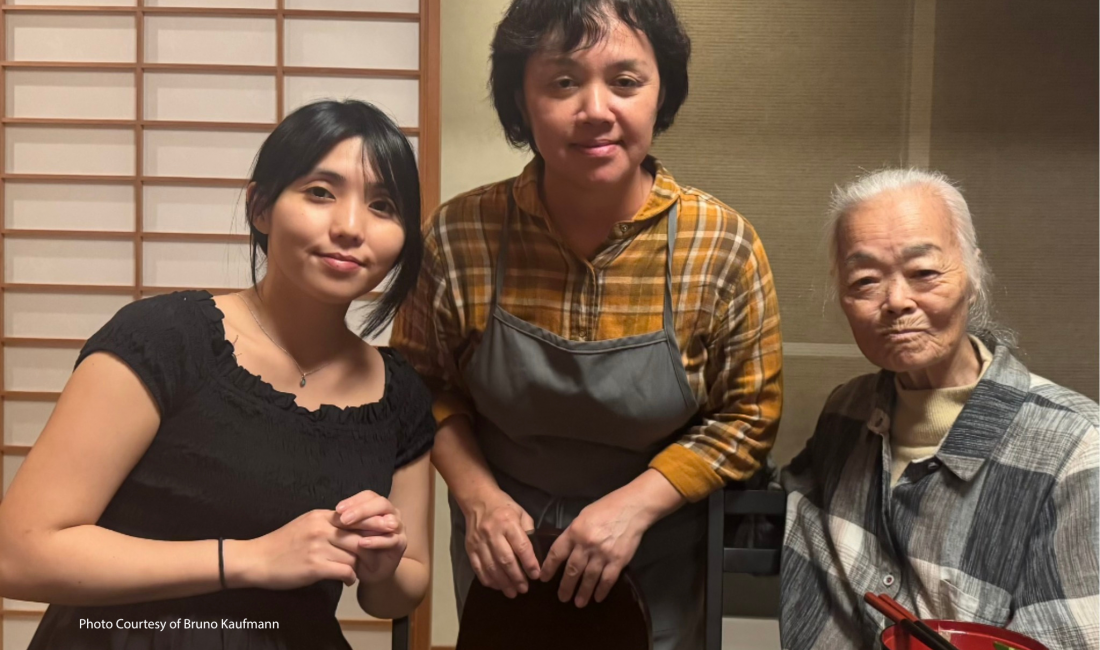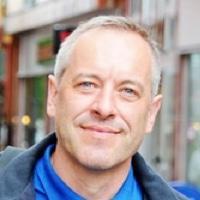A journalist from Sweden's most militarized town visits Ishigaki, where people fight to avoid war.
Reprinted and adapted to English from the ARBOGA TIDNING.
(LINK: https://www.bblat.se/artikel/krig-far-aldrig-bli-ett-sjalvandamal/)
Today I write in ARBOGA TIDNING about my visit to the island Ishigaki in the Western Pacific and how a small peaceful place can come into the focus of geopolitics if military logic begins to prevail.
This is something that also applies to little Arboga, where I live. It is now probably Sweden's most militarised municipality.
Arboga is a place of history and symbolism. On my bike trips to the countryside home in Röfors, I always pass by Jädersbruk. Sweden's oldest weapons factory (Gustav Vasa started it in 1551). But I also ride by the site of the Peace Sculpture Park. Here, artists from all over the world have created monuments from expired war materials. The park reminds us that even war can be somewhat transient and affordable.
Right now, however, war doesn’t feel that way. On the contrary, the war has returned even to our latitudes with a crushing force and omnipresence.
At home, I notice more and more signs in yellow, red and black that say: "Stop, protective object.” They are found in many places around Arboga: at FMTIS (Defense Forces Telecommunication and Information Systems Association), FMV (Defense Material Works), ESQO (Airfield) and FMCL (Defense Forces Central Warehouse). In the NATO country Sweden, Arboga has become a geopolitical hotspot.
But we're not alone in living like this.
I write this letter home from another hotspot, barely 9,000 kilometres from Arboga. It's called Ishigaki. It’s part of an island group between Taiwan and Okinawa.
Here, more than 50,000 inhabitants live in peace with nature and the outside world. Peace is older than memory here. The island’s leaders (the so-called samurai) have never worn weapons.
So, when the Second World War ended, the Igishakians declared themselves independent within the framework of a democratic republic.
But they didn’t get their wish. Instead, together with Okinawa (a former kingdom called ‘Ryukyu’ occupied by Japanese forces in 1872), Igishaki was controlled by the United States for decades.
In 1972, the Japanese took control of Ishigaki again, but without sending military to the island for that matter.
Until now.
Tokyo, in order to deter potential aggressors, primarily China, is turning the peace island into an armed outpost.
This could make Igishaki a priority target in a war around Taiwan, which communist China threatens constantly in rhetoric, and by sending warships and bombers to the region.
The situation is serious. As I visited, the Japanese government was presenting new evacuation plans for the entire population.
In an exciting conversation at the house of the 32-year-old samurai-princess Manami Myara, her mother, and the 88-year-old islander Setsuko Yamazato, I hear how more than 40 percent of the Ishigakians recently signed a citizens’ initiative on Tokyo's militarisation plans.
But instead of implementing the referendum required by the rulebook, Ishigaki mayor Yoshitaka Nakayama blocked the vote. War preparations trump the people’s desire for peace.
Such a block of an initiated referendum has only happened once in the history of Sweden. That was four years ago in my hometown of Arboga, when the referendum on the future of a village school in Medåker was cancelled even though the ballots had already been sent home to the eligible voters like me.
Igishaki’s blocking of democracy went much further. Mayor Nakayama, citing national security, also went a step further and abolished the very right to a popular vote initiated by the citizens.
Manami Myara told me she appealed the decision but lost and is now considering running in the fall 2026 election to become Ishigaki's next mayor.
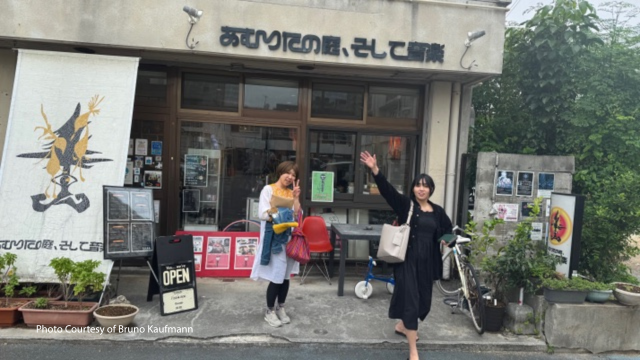
At about the same time, at home in Arboga, we will be able to choose the council and parliament again in September next year. This election will be about our own handling of democracy in a time of growing opposition on every level.
As one of Sweden's most militarised municipalities, but also the site of Sweden's first parliament (back in 1435), we have a special responsibility to stand up for our basic rights and a strong democracy.
The people here at Ishigaki give me hope that war must never be a self-turn— and that we need to invest much more in our own local democracy to achieve peace in this world.
